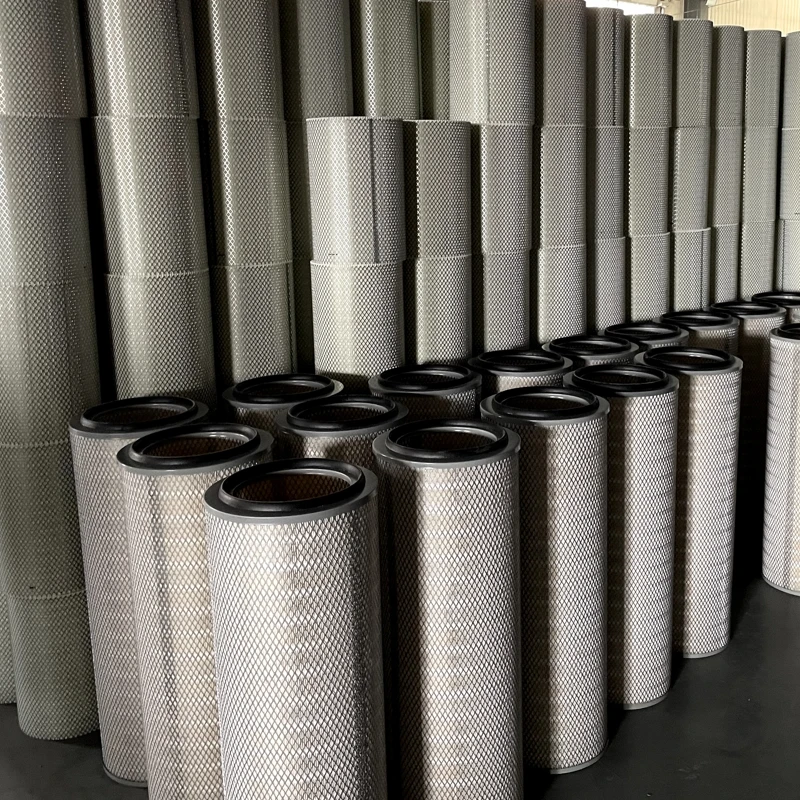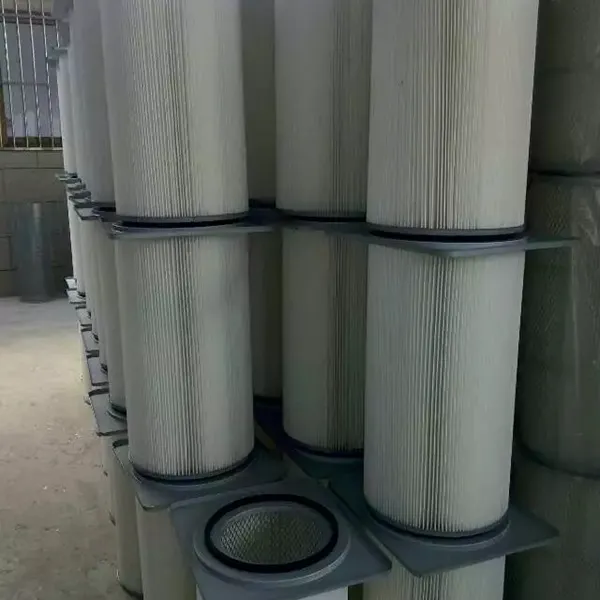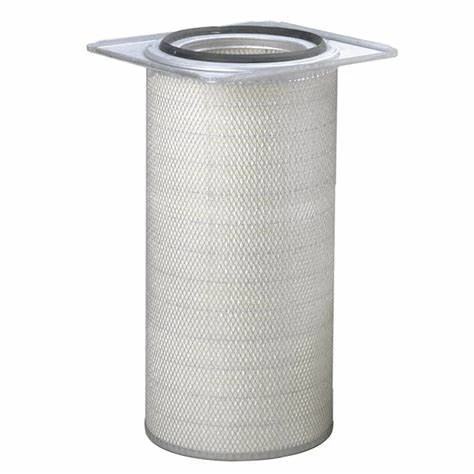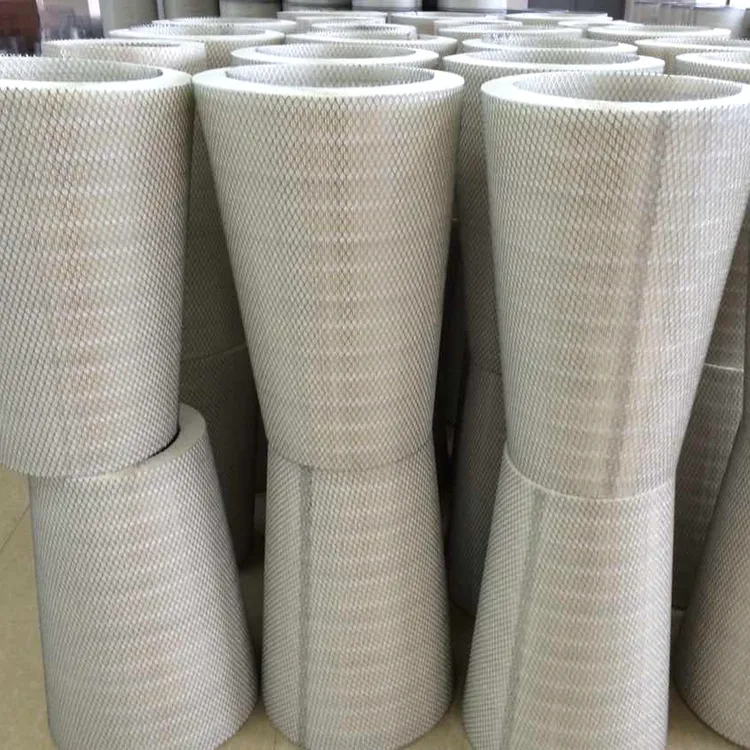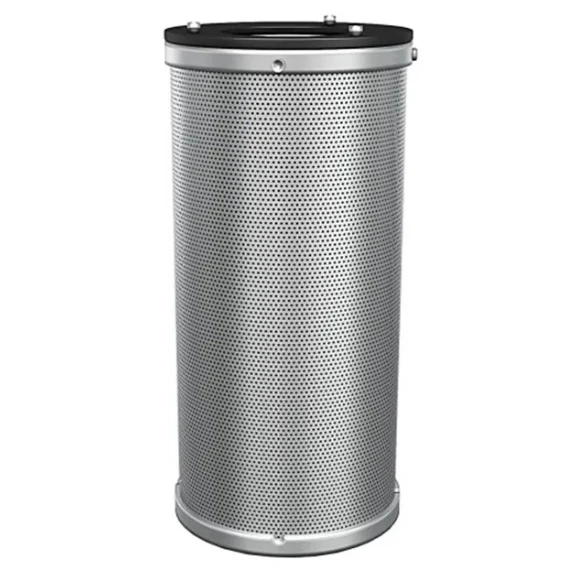 Tel:
+8618931101301
Tel:
+8618931101301
7月 . 31, 2024 22:41 Back to list
Enhanced Performance and Durability of Metal Filter Elements for Efficient Filtration Solutions
Understanding Metal Filter Elements Key Features and Applications
Metal filter elements are essential components in various industrial processes, designed to remove impurities and contaminants from liquids and gases. Their robust nature and high-performance capabilities make them increasingly popular across a range of applications, including pharmaceuticals, food and beverage, and chemical processing industries.
What are Metal Filter Elements?
Metal filter elements are typically constructed from materials such as stainless steel, titanium, or other alloys. These elements possess a porous structure that allows fluids to pass through while trapping solid particles, thus ensuring that the output is cleaner and free from unwanted contaminants. The selection of metal as the primary material offers several advantages, including durability, resistance to corrosion, and the ability to withstand high temperatures and pressures, making them suitable for demanding operating conditions.
Key Features of Metal Filter Elements
1. Durability and Strength Unlike traditional filter elements made from plastic or paper, metal filters are designed to endure extreme conditions. Their mechanical strength ensures a longer lifespan and reduces the frequency of replacement, leading to cost savings in maintenance and operation.
2. High Filtration Efficiency Metal filter elements can achieve a high level of filtration efficiency. The pore sizes can be tailored to meet specific requirements, enabling the removal of particles as small as a few microns. This versatility allows industries to maintain strict quality control standards.
3. Reusability and Cleanability One of the standout features of metal filter elements is their reusability. They can be cleaned and regenerated, which not only reduces waste but also enhances economic viability. Various cleaning techniques, such as backwashing and ultrasonic cleaning, can be employed depending on the application.
4. Versatility Metal filter elements can be used in a wide range of applications, from filtering liquids in engines to purifying gases in industrial processes. Their robust design makes them suitable for both high viscosity fluids and high flow rate systems.
metal filter element
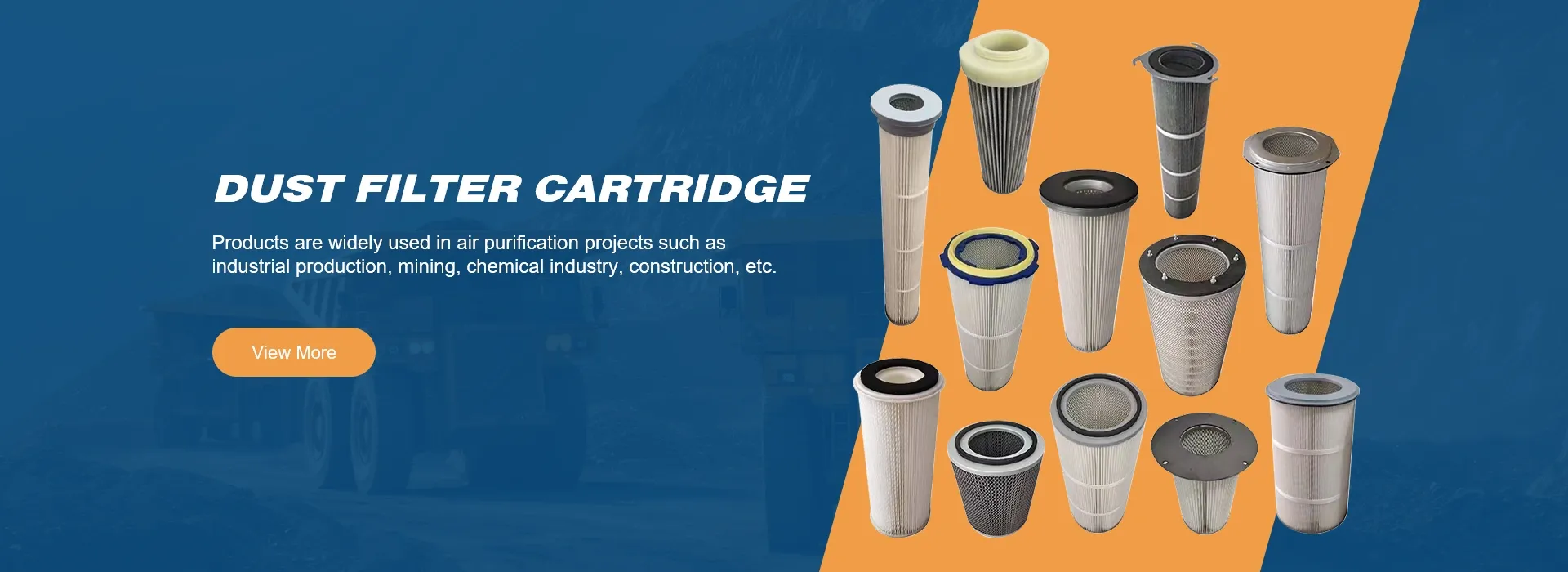
5. Temperature and Chemical Resistance The ability of metal filters to withstand extreme temperatures and harsh chemicals is crucial in various applications. This property makes them particularly useful in the chemical processing and petrochemical industries.
Applications of Metal Filter Elements
The applications of metal filter elements are extensive
- Pharmaceutical Industry In pharmaceutical manufacturing, maintaining a sterile environment is vital. Metal filters are used to ensure that liquids used in processes are free of contaminants.
- Food and Beverage Industry Metal filters are employed to remove particles from liquids before they are bottled or packaged, ensuring product quality and safety.
- Oil and Gas In the oil and gas sector, metal filters are crucial for removing solid impurities from crude oil and natural gas. They help in protecting sensitive equipment from damage caused by particulates.
- Chemical Processing Metal filters are widely used in various chemical processes, where they help ensure the purity of the end products by removing unwanted solids.
Conclusion
Metal filter elements play a critical role in enhancing operational efficiency and ensuring product quality across various industries. Their durability, efficiency, and reusability make them an ideal choice for applications requiring high-performance filtration solutions. As industries continue to prioritize sustainability and operational excellence, the demand for metal filter elements is expected to grow, driving innovation and advancements in filtration technology. Understanding the capabilities and applications of these elements is crucial for selecting the right filtration solution to meet specific industry needs.
-
When should the dust filter be replaced?NewsApr.30,2025
-
How to choose a special dust filter?NewsApr.29,2025
-
Industrial air filters: How to deal with high dust environments?NewsApr.28,2025
-
From coconut shell to coal: performance differences of activated carbon filter elementsNewsApr.24,2025
-
Air filter survival guide in high-dust environmentsNewsApr.23,2025
-
How do air filters cope with high-concentration dust environments?NewsApr.21,2025

 Email:
Email:
